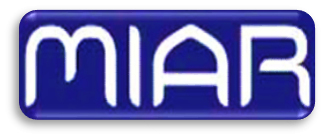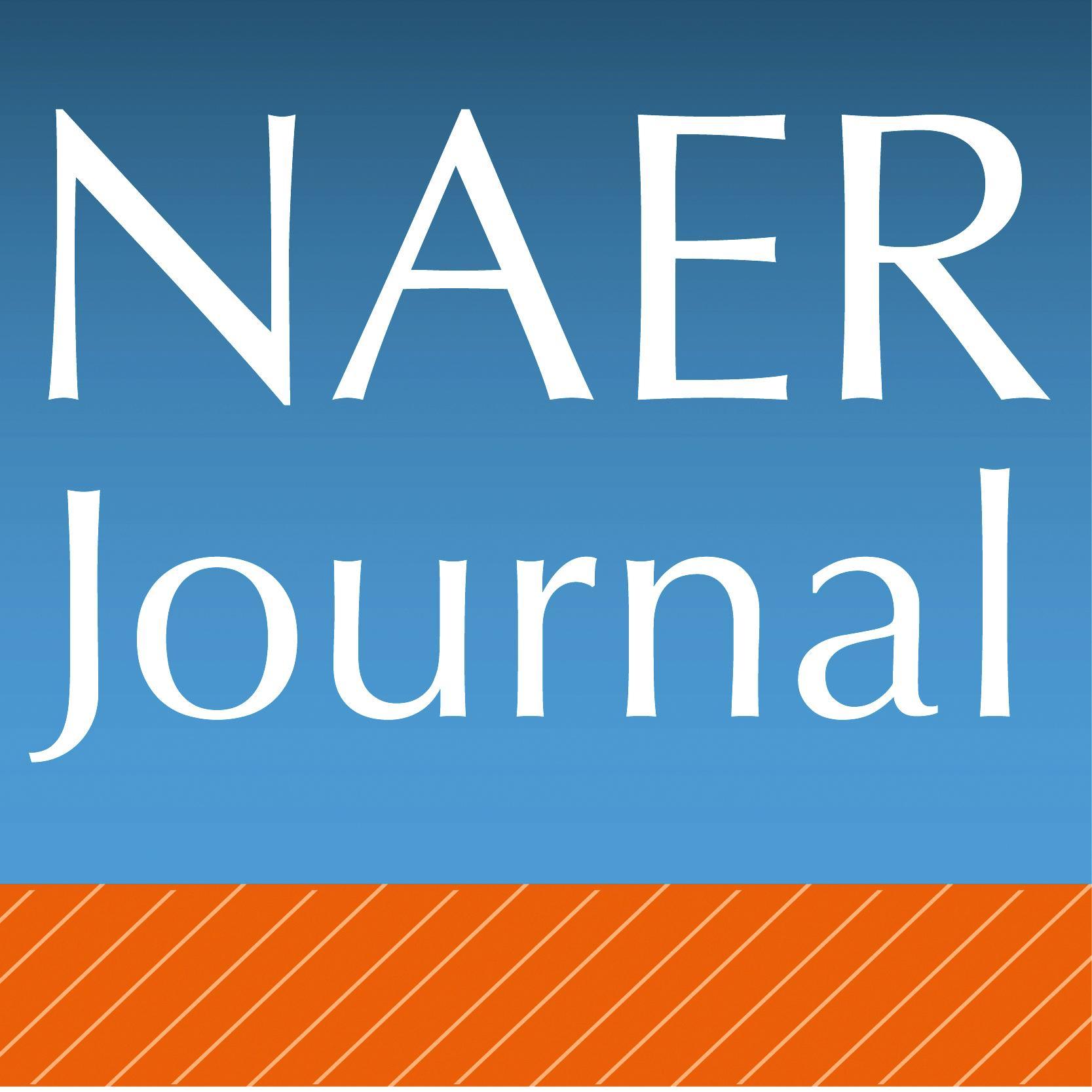Inteligencia Artificial en Educación Superior: Oportunidades y Riesgos
Agencias de apoyo
- Ministerio de Ciencia e Innovacion (MCIN/AEI/10.13039/501100011033)
- Fondos Europeos FEDER proyecto CONFIA (PID2021-122916NB-I00)
Resumen
En el momento actual, la Inteligencia Artificial (IA) está completamente integrada en nuestra sociedad y, gracias a los recientes desarrollos de la IA generativa, ha irrumpido en la Educación a un ritmo vertiginoso. El objetivo de este trabajo es reflexionar acerca de los beneficios que la IA puede aportar en esta área dentro de las Universidades Españolas, así como sobre los riesgos que puede conllevar. Para ello, se realizará un posicionamiento inicial del marco de trabajo actual; se enumerarán algunas de las posibles aplicaciones de la IA en Educación, desde un punto de vista realista y metodológico; se recopilarán algunas herramientas tecnológicas y casos de uso; y se plantearán una serie de claves para una implantación efectiva en el Sistema Universitario Español, incidiendo en los retos y en los riesgos a nivel tecnológico, pedagógico, organizativo, legislativo y ético.
Descargas
-
Resumen15618
-
PDF10915
-
PDF Kindle10915
-
Infografía72
Citas
Alanko-Turunen, M. (2023). Towards Entangled, Sustainable Higher Education Artificial Intelligence Solutions. Webinar: AI in Education, revolutionizing learning and teaching, potential uses and implications of AI in the field of education. Ulysseus. https://n9.cl/j6pxi
Comisión Europea. (2018). Plan Coordinado sobre la Inteligencia Artificial. Comisión Europea. https://n9.cl/wdzbe
Consejo de la Unión Europea. (2019). Conclusiones relativas al Plan Coordinado sobre el Desarrollo y Uso de la Inteligencia Artificial «Made in Europe». Consejo de la Unión Europea. https://n9.cl/wubm6r
Comisión Europea. (2021). Regulation of the european parliament and of the council laying down harmonised rules on artificial intelligence (artificial intelligence act) and amending certain union legislative acts. Comisión Europea. https://n9.cl/kgmr2
Díaz-Rodríguez, N., Del Ser, J., Coeckelbergh, M., López de Prado, M., Herrera-Viedma, E. y Herrera, F. (2023). Connecting the Dots in Trustworthy Artificial Intelligence: From AI Principles, Ethics, and Key Requirements to Responsible AI Systems and Regulation. Information Fusion, 99. https://doi.org/10.1016/j.inffus.2023.101896
Fawns, T. (2022). An Entangled Pedagogy: Looking Beyond the Pedagogy—Technology Dichotomy. Postdigital Science and Education, 4, 711–728. https://doi.org/10.1007/s42438-022-00302-7
Fukuoka, S., Murata, T. y Mizuguchi, A. (2023). Legal Issues in Generative AI under Japanese Law – Copyright. Robotics / Artificial Intelligence Newsletter. Nishimur & Asahi. https://onx.la/1b438
González-Espejo, M.J. (2023). ChatGPT debe revolucionar, de una vez por todas, la enseñanza del Derecho. Hay Derecho. https://onx.la/b541b
Growcoot, M. (2023). Japan Declares AI Training Data Fair Game and ‘Will Not Enforce Copyright’. PetaPixel. https://onx.la/ff8bd
Klein, C. (2019). The Original Luddites Raged Against the Machine of the Industrial Revolution. History. https://n9.cl/9gu0b
Krugman, P. (2022). Does ChatGPT Mean Robots Are Coming For the Skilled Jobs? New York Times. https://n9.cl/2xy5r
Liu, B.L., Morales, D., Roser-Chinchilla, J., Sabzalieva, E., Valentini, A., Vieira do Nascimento, D. y Yerovi, C. (2023). Oportunidades y desafíos de la era de la inteligencia artificial para la educación superior: una introducción para los actores de la educación superior. UNESDOC. https://n9.cl/kqa70
Miao,F., Holmes, W., Huang, R. y Zhang, H. (2021). Inteligencia Artificial y Educación. Guía Para las Personas a Cargo de Formular Políticas. UNESCO. https://n9.cl/u-n-e-s-c-o_g_p_l_p
Mollick, E.R. y Mollick, L. (2022). New Modes of Learning Enabled by AI Chatbots: Three Methods and Assignments. SSRN. https://ssrn.com/abstract=4300783
Mollick, E.R. y Mollick, L. (2023). Why All Our Classes Suddenly Became AI Classes Strategies for Teaching and Learning in a ChatGPT World. Harvard Business Publishing. https://n9.cl/6jpqz
Montes, R., Melero, F.J., Palomares, I., Alonso, S., Chiachío, J., Chiachío, M., Molina, D., Martínez-Cámara, E., Tabik, S. y Herrera, F. (2021) Inteligencia Artificial y Tecnologías Digitales para los ODS. Real Academia de Ingeniería. https://n9.cl/24ypu
Pardo, A., Mirriahi, N., Gašević, D. y Dawson S. (2022). A Model for Learning Analytics to Support Personalization in Higher Education. En R. Sharpe, S. Bennett y T. Varga-Atkins, Handbook of Digital Higher Education (pp. 26—37). ElgarOline. https://doi.org/10.4337/9781800888494.00012
Pelletier, K., Robert, J., Muscanell, N., McCormack, M., Reeves, J., Arbino, N., Grajek, S., Birdwll, T., Liu, D., Mandernach, J., Moore, A., Porcaro, A., Rutledge, R. y Zimmern, J. (2023). EDUCAUSE Horizon Report, Teaching and Learning Edition. EDUCAUSE. https://n9.cl/ji3n2
Picciano, A. (2019). Artificial Intelligence and the Academy’s Loss of Purpose. Online Learning Journal, 23(3). https://doi.org/10.24059/olj.v23i3.2023
Robert, J. y Muscanell, N. (2023). 2023 Horizon Action Plan: Generative AI. Teaching and Learning Edition. EDUCAUSE. https://onx.la/56e80
Rodríguez, R. y Kannan, H. (2023). Active Learning, AI Style: The Role of Agent GPT in the Classroom. SwissCognitive. https://n9.cl/vka1h
Romero, M. (2023). Creative Uses of AI in Education. Webinar: AI in Education, revolutionizing learning and teaching, potential uses and implications of AI in the field of education. Ulysseus. https://n9.cl/j6pxi
Salmon, G. (2019). May the Fourth Be with you: Creating Education 4.0. Journal of Learning for Development, 6(2), 95—115. https://doi.org/10.56059/jl4d.v6i2.352
Zawacki-Richter, O., Marín, V.I., Bond, M. y Gouverneur, F. (2019). Systematic review of Research on Artificial Intelligence Applications in Higher Education – Where Are the Educators? International Journal of Educational Technology in Higher Education, 16. https://doi.org/10.1186/s41239-019-0171-0
Derechos de autor 2023 Oscar Cordón García

Esta obra está bajo una licencia internacional Creative Commons Atribución-NoComercial-CompartirIgual 4.0.
Aquellos autores que tengan publicaciones con esta revista aceptan los términos siguientes :
-
Los autores conservarán sus derechos de autor y garantizarán a la revista el derecho de primera publicación de su obra, el cuál estará simultáneamente sujeto a la Licencia Creative Commons Atribución no comercial compartir por igual 4.0 Internacional que permite compartir, copiar y redistribuir el material en cualquier medio o formato y adaptar, remezclar, transformar y construir sobre el material en los siguientes términos:
Reconocimiento - Debe dar el crédito apropiado, proporcionar un enlace a la licencia, e indicar si se han realizado cambios. Puede hacerlo de cualquier manera razonable, pero no de una manera que sugiere que el licenciante o su uso hace suya. No comercial - No puede utilizar el material con fines comerciales. Compartir bajo la misma - Si remezcla, transformar o crear sobre el material, se debe distribuir sus contribuciones bajo la misma licencia que el original. -
Los autores podrán adoptar otros acuerdos de licencia no exclusiva de distribución de la versión de la obra publicada (p. ej.: depositarla en un archivo telemático institucional o publicarla en un volumen monográfico) siempre que se indique la publicación inicial en esta revista.
-
Se permite y recomienda a los autores difundir su obra a través de Internet (p. ej.: en archivos telemáticos institucionales o en su página web) antes y durante el proceso de envío, lo cual puede producir intercambios interesantes y aumentar las citas de la obra publicada. (Véase El efecto del acceso abierto).
-
En cualquier caso, el Equipo Editorial entiende que las opiniones vertidas por los autores son de su exclusiva responsabilidad.
















